‘It is shocking to read about. But once you are used to it, it is a little like reading about Ireland, or socialism.’ This is the accepting, if unfeeling, response of John Addington’s undergraduate daughter after reading his recently completed book on homosexuality. ‘It is a very rational argument, Papa.’
The New Life, Tom Crewe’s superb debut novel, is set in fin-de-siècle London and follows Addington and his co-author Henry Ellis (based on John Addington Symonds and Havelock Ellis) as they try to make a rational argument for ‘the impossible subject’. They are respected writers and family men, but each is burdened by an unacceptable private life: Addington has brought a young man to live in his home; Ellis’s wife has moved away to be with another woman. Life under the current laws is impossible: it is time for change. Bravely, they resolve to write a book, certain that if the arguments are sound and the suppositions good, then the ‘wheels of progress will turn’.
Of course things are not so simple. Just as the book is going to press, Oscar Wilde is arrested, and the national mood sours. ‘The country has choked itself on ill-feeling. Gorged on misery and heavy morals.’ Should they publish and be damned, or wait for a more opportune moment? Crewe brilliantly evokes the stifling atmosphere of hypocrisy, shame and hopelessness that presses in, as well as the sickening self-preservation they are forced to consider: ‘He wished he belonged to the common herd, nuzzling in easy ignorance. Then he hated himself for this wish.’
Addington and Ellis are subtly and engagingly drawn. Addington is bullying, adamantine and wholly in love; Ellis is cripplingly shy, fetishistic and brilliant. They both respect and resent one another – Ellis is ‘this uncongenial stranger’; Addington ‘this heedless, reckless man, entirely without shame’. While clearly on the right side of history, they are both allowed their individual failings, their pettiness and selfishness.
Despite its earnest intellectual argument, The New Life is remarkably sensuous and intimate. It is full of the shorthand language of long relationships and the knowing glances of shared secrets; and it reverberates with aeons of loneliness: ‘Two men in a small room, down a dark corridor, in a big house, in a heartless city, on an island lashed round by cold sea.’
The novel paints a portrait of two lives that are palpable in their constrained humanity, and illuminates a strikingly rational and irrational age. And it does it with real feeling.
Got something to add? Join the discussion and comment below.
Get 10 issues for just $10
Subscribe to The Spectator Australia today for the next 10 magazine issues, plus full online access, for just $10.
You might disagree with half of it, but you’ll enjoy reading all of it. Try your first month for free, then just $2 a week for the remainder of your first year.

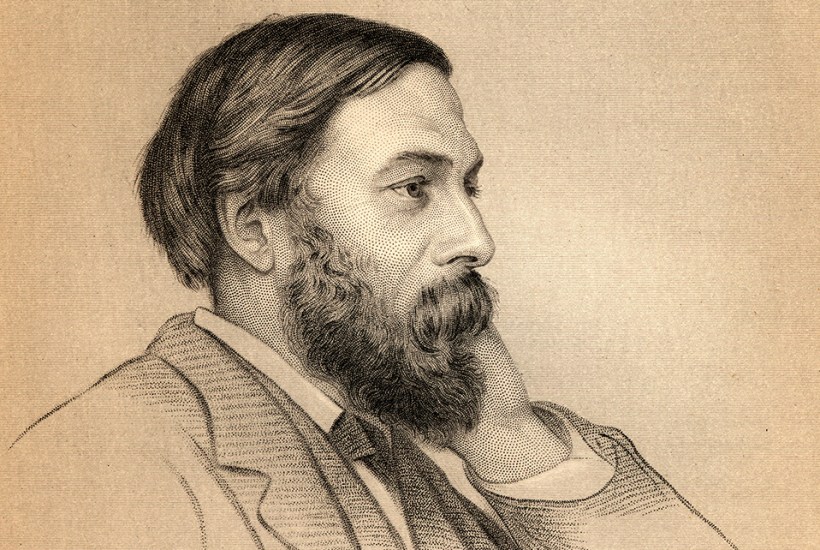
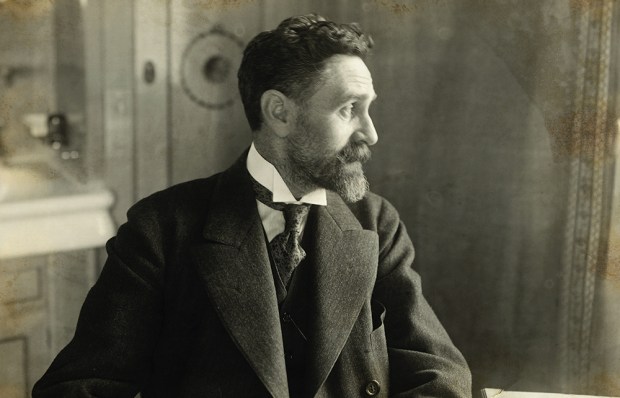

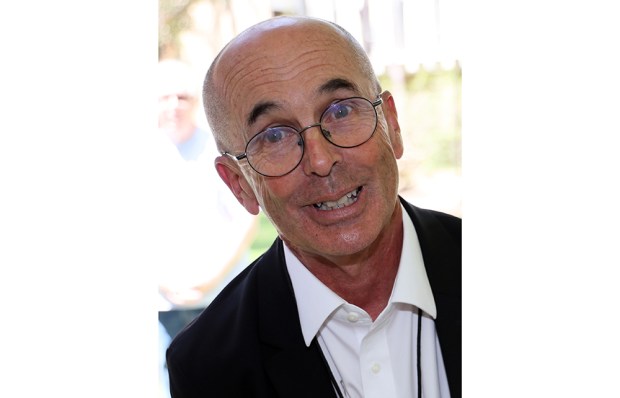
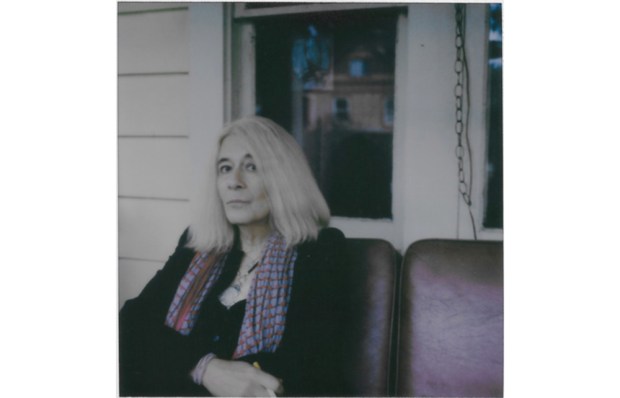
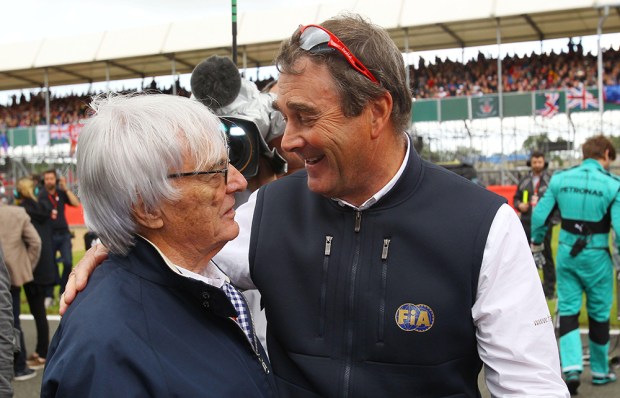







Comments
Don't miss out
Join the conversation with other Spectator Australia readers. Subscribe to leave a comment.
SUBSCRIBEAlready a subscriber? Log in